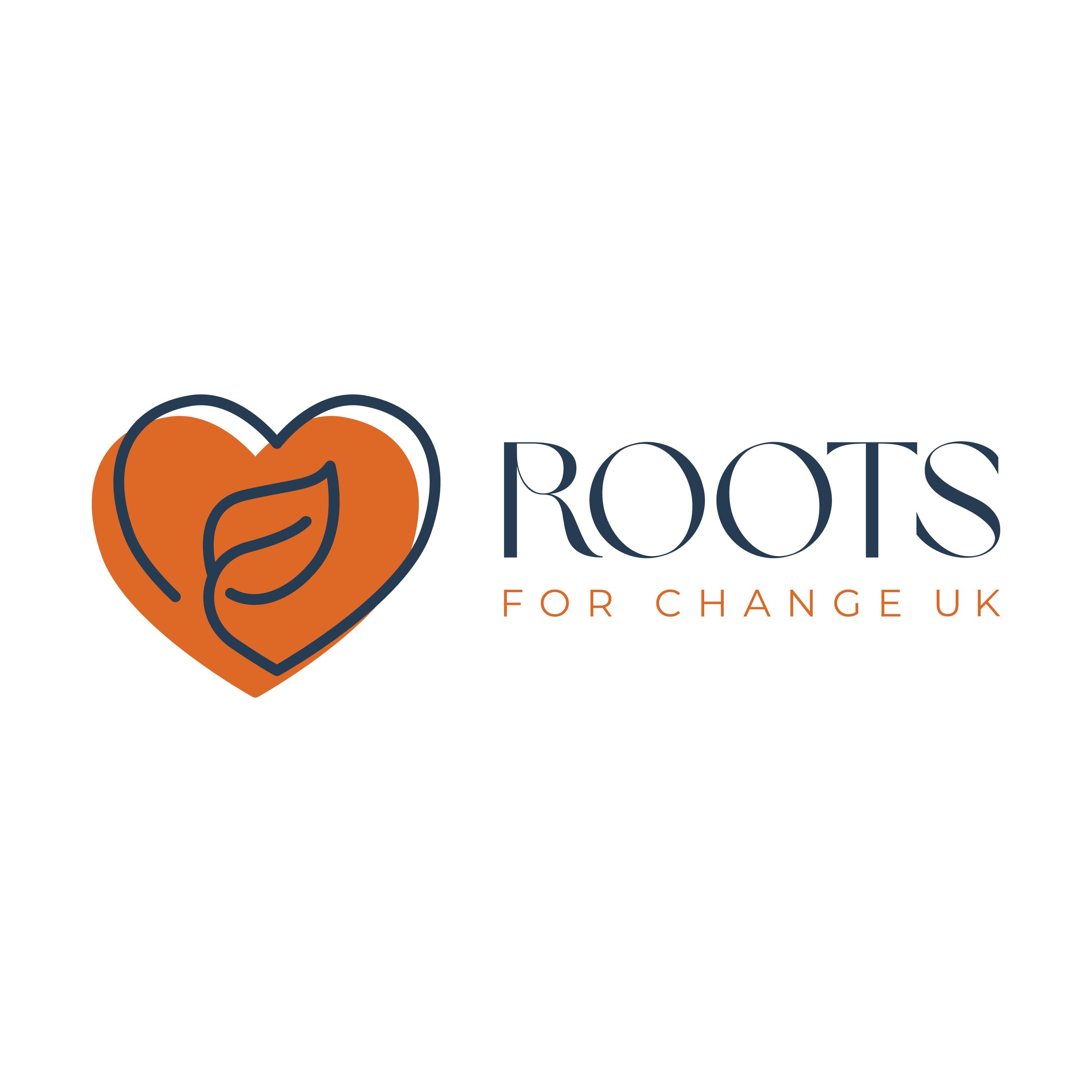Introduction
Derwentside IRC Women’s Prison Immigration is an institution that has raised concerns within the United Nations (UN) due to its negative effect on women. This article aims to shed light on the detrimental consequences that can arise from such a facility, highlighting the potential harm it can cause to women seeking refuge or with uncertain immigration status.
Lack of Support and Empowerment
One of the primary criticisms surrounding Derwentside IRC Women’s Prison Immigration is the lack of support and empowerment provided to the women within its confines. Instead of fostering an environment that encourages growth and healing, the prison-like atmosphere can further traumatize already vulnerable individuals. The absence of educational and vocational programs, as well as limited access to mental health support, hinders the women’s ability to rebuild their lives and integrate into society.
Detrimental Impact on Mental Health
The detrimental impact on the mental health of women in immigration detention cannot be understated. Many of these individuals have fled war, persecution, or other traumatic circumstances, and subjecting them to the restrictive and isolating conditions of a prison-like environment exacerbates their psychological distress. Studies have shown that prolonged detention can lead to increased rates of depression, anxiety, and post-traumatic stress disorder (PTSD). The lack of adequate mental health services within Derwentside IRC Women’s Prison Immigration further compounds these issues.
Separation from Families and Support Systems
Women in immigration detention often face the heart-wrenching separation from their families and support systems. This separation can have devastating effects on their emotional well-being and can hinder their ability to navigate the complex immigration system effectively. The lack of family-friendly facilities within Derwentside IRC Women’s Prison Immigration exacerbates the challenges faced by women, particularly those who are mothers or primary caregivers.
Violence and Abuse
Instances of violence and abuse within immigration detention centers are significant concerns. Derwentside IRC Women’s Prison Immigration is not exempt from such risks. Women may experience physical, sexual, or emotional abuse, further traumatizing them and exacerbating any preexisting psychological distress. The lack of transparent reporting mechanisms and accountability within these facilities can perpetuate a culture of silence and fear.
Lack of Legal Support
Access to legal support is critical for individuals navigating the immigration system, yet Derwentside IRC Women’s Prison Immigration often falls short in providing adequate legal assistance. Women may face barriers in understanding their rights, accessing legal advice, and effectively presenting their cases. This lack of support can contribute to prolonged detention periods, increased anxiety, and a sense of powerlessness among the women.
Conclusion
The negative impact of Derwentside IRC Women’s Prison Immigration on women cannot be ignored. The absence of support and empowerment, detrimental effects on mental health, separation from families, risks of violence and abuse, and limited legal assistance all contribute to the harmful experiences of women in detention. It is crucial for policymakers and authorities to address these concerns, ensure the well-being of women in immigration detention, and explore alternative approaches that prioritize dignity, empathy, and respect for human rights.
